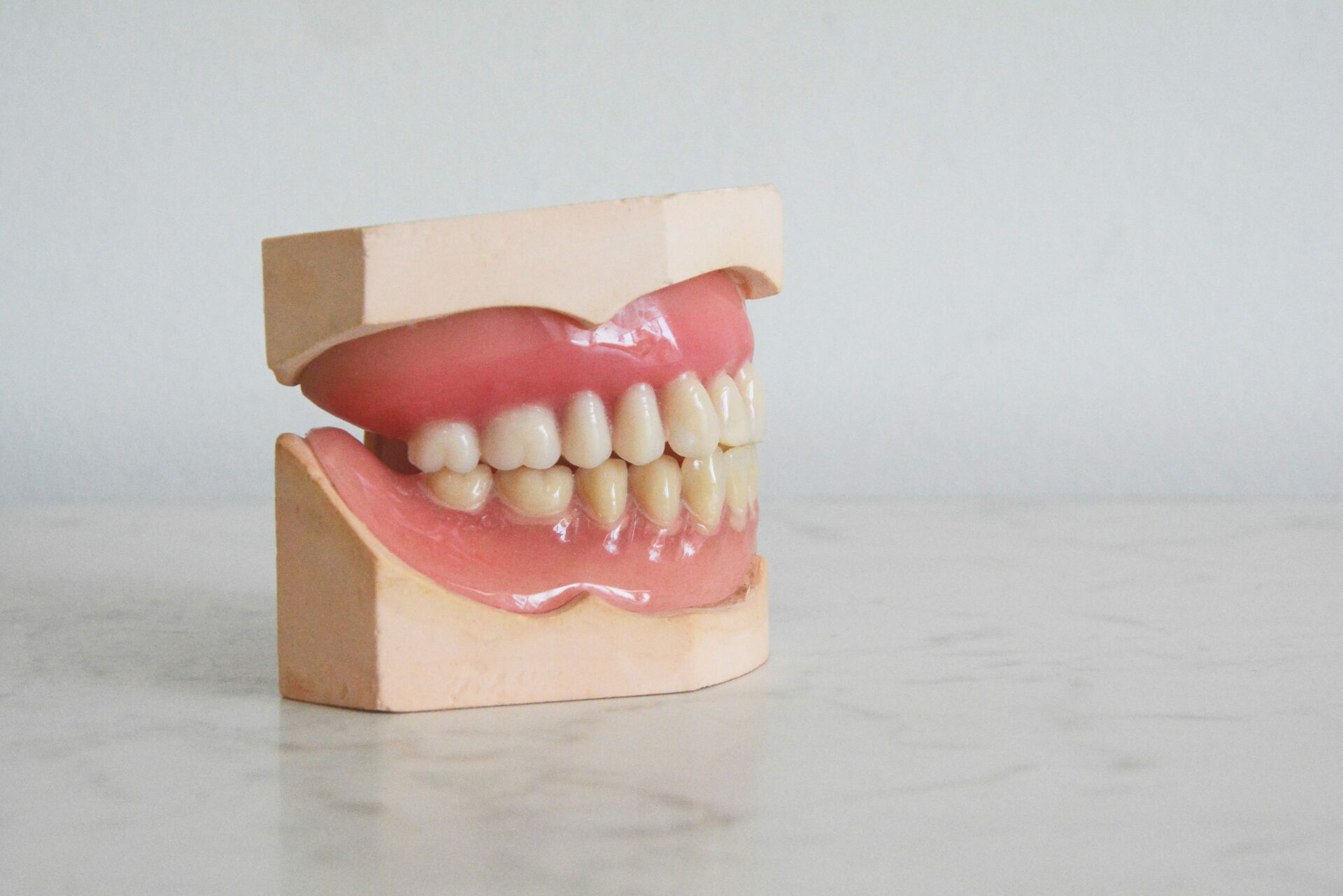Did you know that your dental health has consequences that extend far beyond the mouth itself? Although experts have always known that there is some link between gum disease and cardiovascular events such as stroke, there has been recent research to explain why such a link exists. According to two studies presented at the American Stroke Association’s International Stroke Conference, gum disease (also known as periodontitis or periodontal disease) has been found to be linked to a higher rate of strokes caused by the hardening of large arteries in the brain, as well as with severe artery blockages that have yet to cause symptoms. These same studies suggest that treating gum disease can significantly reduce your risk of stroke.
Today, Advanced Indiana will be telling you more about the link between gum disease and stroke. Cardiovascular diseases, such as strokes, are multifactorial diseases. Because of this, it’s important that you have all of the information when it comes to reducing your chances of experiencing stroke. That all starts with your oral health.
What is Gum Disease?
Before we talk more in-depth about the link between gum disease and stroke, it’s a good idea for you to know what gum disease is, as well as how it is caused. According to WebMD, gum disease begins with bacterial growth in your mouth and, if not properly treated, ends with tooth loss due to the destruction of the tissue surrounding the teeth.
It should be noted that not all cases of gingivitis (gum inflammation) necessarily progresses to gum disease. In the early stages of gingivitis, the bacteria found in plaque builds up, which causes the gums to become inflamed and bleed easily. That being said, when gingivitis is left untreated, it can advance to gum disease in which the inner layer of the gum and bone pull away from the teeth, forming pockets. Here, debris is collected over time until an infection occurs. Eventually this infection can progress until there is a loss of tooth. In fact, gum disease is the leading cause of tooth loss in adults.
How Does Gum Disease Lead to Stroke?
According to yet another recent research study from Sweden which followed 1,676 randomly selected participants over the course of 26 years, researchers reported “that gingival inflammation was clearly associated with stroke.” Further, another research study has shown that tooth loss was found to be a predictor of silent strokes. So, why does gum disease increase the chances of stroke?
Put simply, dental problems such as gingivitis, tooth loss, and periodontitis are all conditions associated with inflammation and sometimes with infection. This increases the chances of stroke, as infections have been shown to increase the risk of stroke. This is due, possibly, to the body’s inflammatory immune response to infections. Strokes can be caused by blood clots and inflammation, and infection can make the blood much more likely to clot. Further, the chances of an ischemic stroke are made much more likely when serious dental problems, such as gum disease, persist untreated for a long time.
How to Protect Your Teeth from Gum Disease
It is advantageous, in many ways, to properly protect your teeth from dental problems. Although proper dental care can seem costly and time-consuming, it pays off in the long run. Prevention of both gum disease and tooth loss is achieved by consistently caring for your teeth. This includes brushing your teeth regularly, flossing, avoiding cigarettes, and making regular trips to the dentist. It should also be noted that gum disease is both treatable and manageable once it has started. Once gum disease occurs, it is highly recommended that you make an appointment with your local dentist for a deep cleaning.
Periodontal Gum Disease Treatments with Advanced Indiana
So, what should you do in order to decrease your chances of stroke and keep your teeth healthy if you are suffering from gum disease? We highly recommend making an appointment with your local dentist for periodontal gum disease treatments. Periodontal gum disease treatments depend on the type of gum disease, as well as how severe it is. When the disease is caught early on and no damage has yet occurred to the structure of the teeth, you may need nothing more than a professional cleaning.
To figure out the best treatment plan for you and your individual situation, schedule a visit with our Anderson or Fortville office today! You can also give us a call at (765) 622-7000 (our Anderson office) or (317) 485-7000 (our Fortville office). Although gum disease can be a serious dental health problem, our qualified professionals are well-equipped to help you!
Photo Credit

